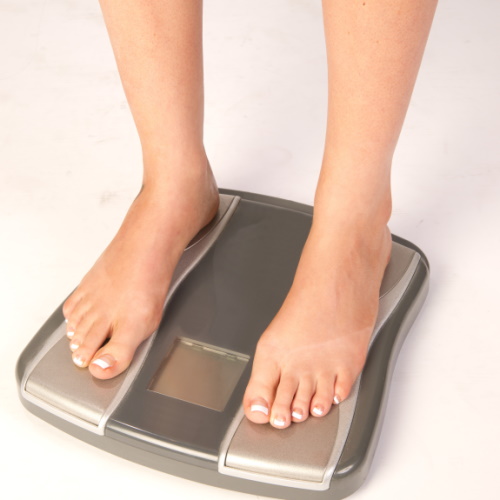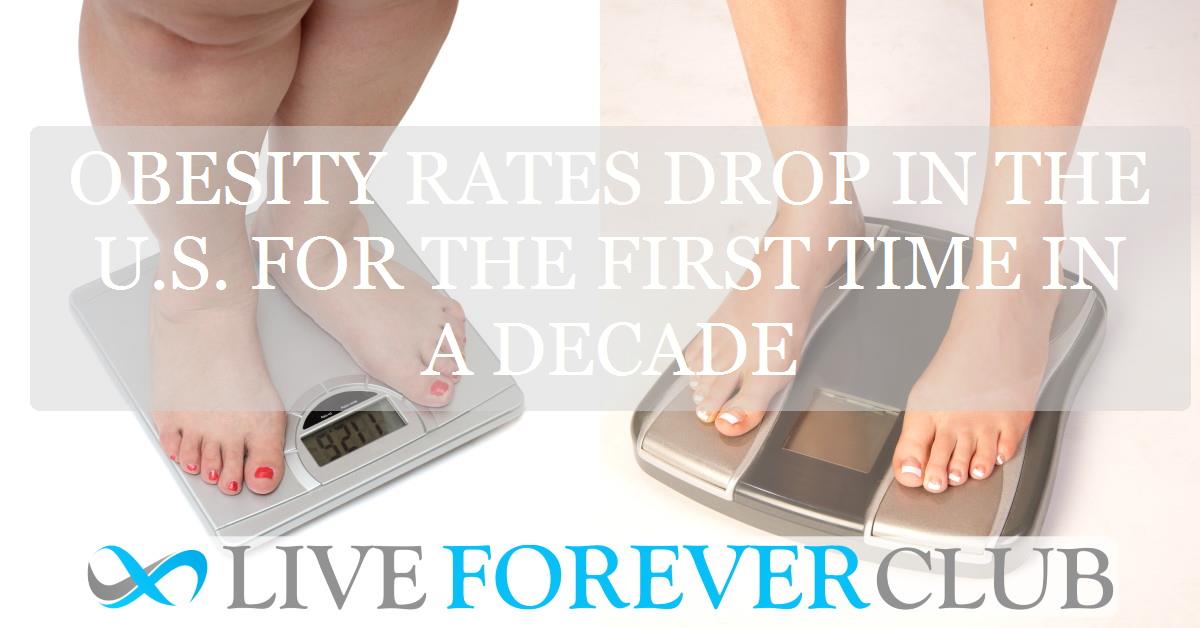Key points from article :
For the first time in over a decade, obesity rates and body mass index (BMI) have declined in the United States, with the most significant decreases observed in the South. This region also saw the highest rates of dispensing GLP-1 receptor agonists (GLP-1RAs), such as semaglutide, the active ingredient in popular weight loss drugs like Ozempic and Wegovy. However, researchers caution that high medication dispensing rates may not directly correlate with actual usage, and the South also experienced elevated COVID-19 mortality among individuals with obesity, adding complexity to the data.
The findings, published in JAMA Health Forum, analysed health data from over 16 million adults aged 26 to 75 over a decade. The authors emphasized that while obesity is a chronic condition linked to increased risks of cancer, heart disease, and type 2 diabetes, BMI is an imperfect measure of body fat. They called for further research into alternative methods of assessing body composition and other potential causes for the observed trends, including pandemic-related behavioural shifts and out-of-pocket purchases of GLP-1RA medications.
Obesity remains a widespread issue in the U.S., affecting over 100 million adults, with more than 22 million classified as having severe obesity (BMI of 40 or higher). One in five American children also faces this condition, driven by factors like poor diet and inadequate physical activity. Despite the promise of weight loss drugs like Wegovy and Zepbound, experts urge caution, as the long-term effects, benefits, and risks of these medications are not yet fully understood.





